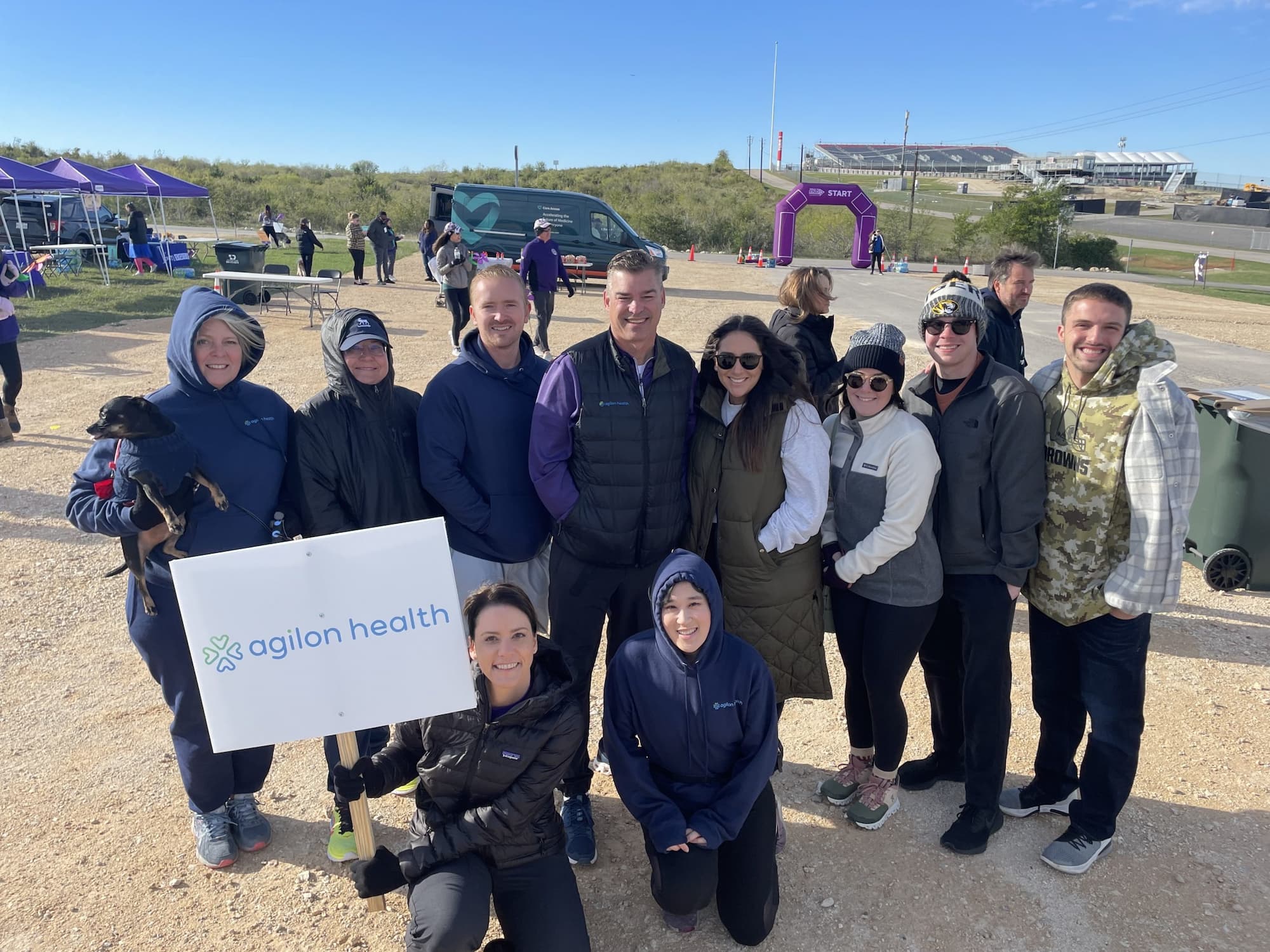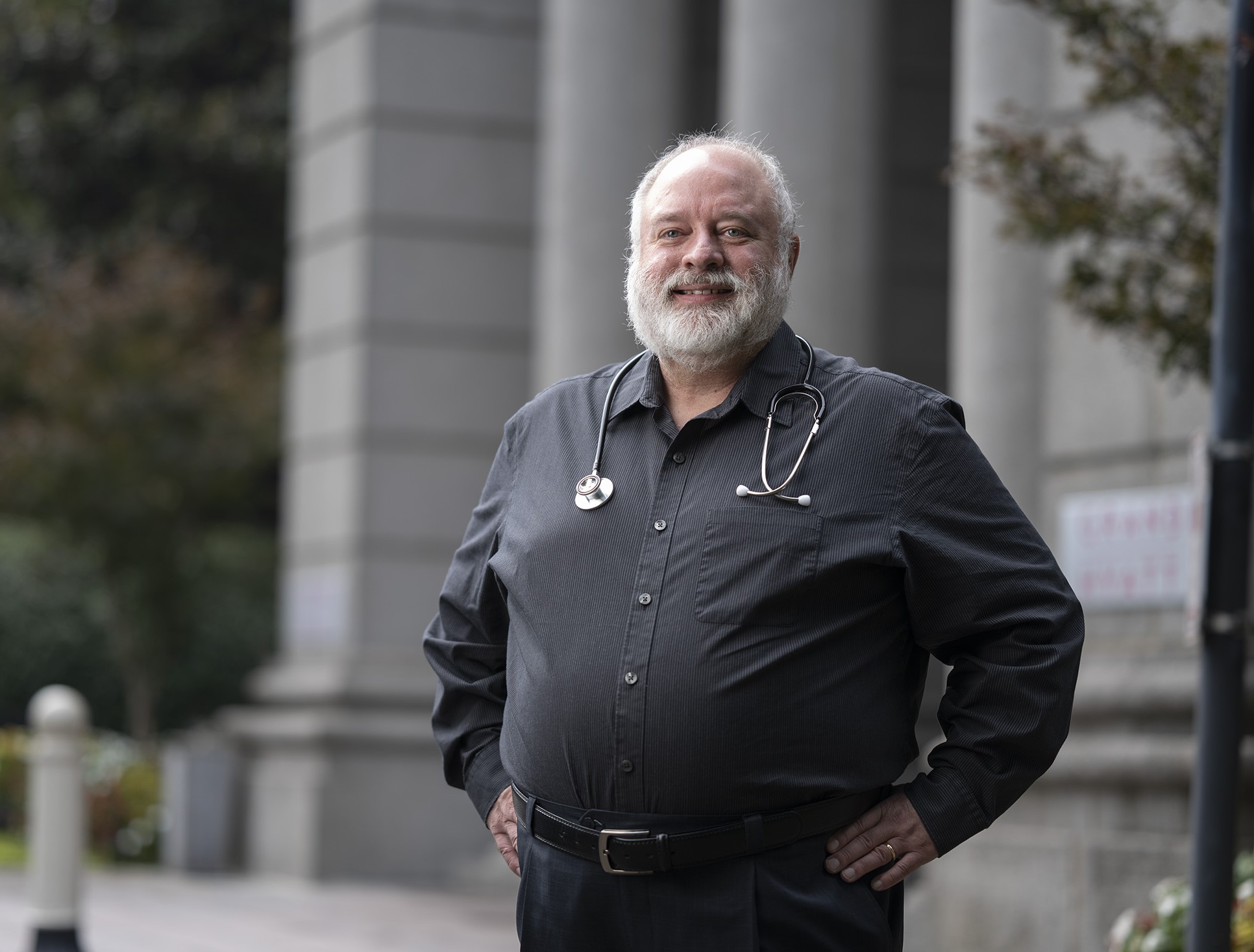Health care in the U.S. is changing. In fact, in the 2020 Deloitte Survey of U.S. Physicians, 50% of physicians expected a great deal of change in their specialty within the next 10 years. For primary care physicians (PCPs), that number rose to 61%.
Value-based care (VBC) combined with the benefits and influence of PCPs is a winning solution for U.S. health care and for patients. It’s no wonder the Centers for Medicare & Medicaid Services’ (CMS) Innovation Center has set a goal to transition all Medicare beneficiaries to a total care model relationship by 2030. In addition, CMS has committed to tying 90% of traditional Medicare fee-for-service payments to quality. But data suggests that only about 40% of those payments have flowed through alternative payment models like VBC.
We’re just beginning to see the impact of VBC on U.S. health care, but more importantly, we’re only just starting to realize what it can mean for senior patients.
The History of Value-Based Care
The transition to VBC can find its origins in the changes to Medicare reimbursement in 2008, rewarding physicians for providing enhanced quality of care like issuing electronic prescriptions or using certified electronic health record technology.
The Affordable Care Act of 2010 further strengthened the VBC model. Some of its reforms included the establishment of the Centers for Medicare & Medicaid Innovation Center (CMMI). This center develops and tests payment models designed to improve patient care, lower costs and promote patient-centered practices. Other initiatives included support for Accountable Care Organizations and the addition of bundled payments for acute care and outpatient services. Soon, commercial insurers began investing in value-based care programs.
What the Future of Value-Based Care Can Look Like
VBC is growing in acceptance. Data shows that in 2020, more than 40% of health care payments in the U.S. were comprised of the model. What would health care look like when VBC becomes the accepted model?
Better Access to Care
Today, physician demand continues to outpace supply, and burnout is a major contributor, often cited as a reason for decreasing access to care and affecting patient safety and care quality. Lack of control over how much time physicians get to spend with patients and burdensome administrative tasks are key causes of this burnout. VBC is a solution that could reverse this trend. It enhances a physician’s work environment, giving them more time to work with patients and providing them more job satisfaction.
Lower Costs
Physician burnout costs Americans more than $4 billion each year in poor clinical outcomes, physician turnover, and organizational costs, data shows. Value-based care is designed to keep people well so that less money is spent on managing chronic diseases, costly hospitalizations, and emergency care.
Better Outcomes
The current fee-for-service system in the U.S. is not meeting health goals. Data shows that the U.S. ranks below most other developed nations in terms of health outcomes–particularly for maternal mortality, infant mortality, life expectancy at age 60, and deaths that were potentially preventable with timely access to effective health care. VBC is seen as a legitimate way to enhance outcomes and patient satisfaction through comprehensive, coordinated care.
Better Financial Results for Practitioners
In the fee-for-service model, physicians are paid according to the item of service provided. More volume means more administrative tasks, affecting time spent with patients. Plus, payments to doctors can be delayed by months due to paperwork mishandling.
When physicians partner with agilon health in a full-risk value-based care model, they can count on a regular monthly payment based on the expected care patients will receive. This benefits physicians because agilon contracts with insurers in each region it serves, making agilon the primary risk-taking entity involved in the care that its physician networks provide to Medicare Advantage patients.
Be a part of the Future of Value-Based Care
agilon health is the trusted partner empowering physicians to transform health in our communities. Through our partnerships and purpose-built platform, agilon is accelerating at scale how physician groups transition to a value-based, Total Care Model for senior patients. Learn more about how agilon health can empower your practice to achieve a sustainable and successful future.
Contact for media enquiries
[email protected]Up Next.

Blog Nov 28, 2022
Walking with a Powerful Purpose
Groups of agilon health employees, along with their families and friends, recently participated in the Walk to End Alzheimer’s in 21 cities across the U.S. In many of these cities, agilon health colleagues walked in unity with our physician partners.




